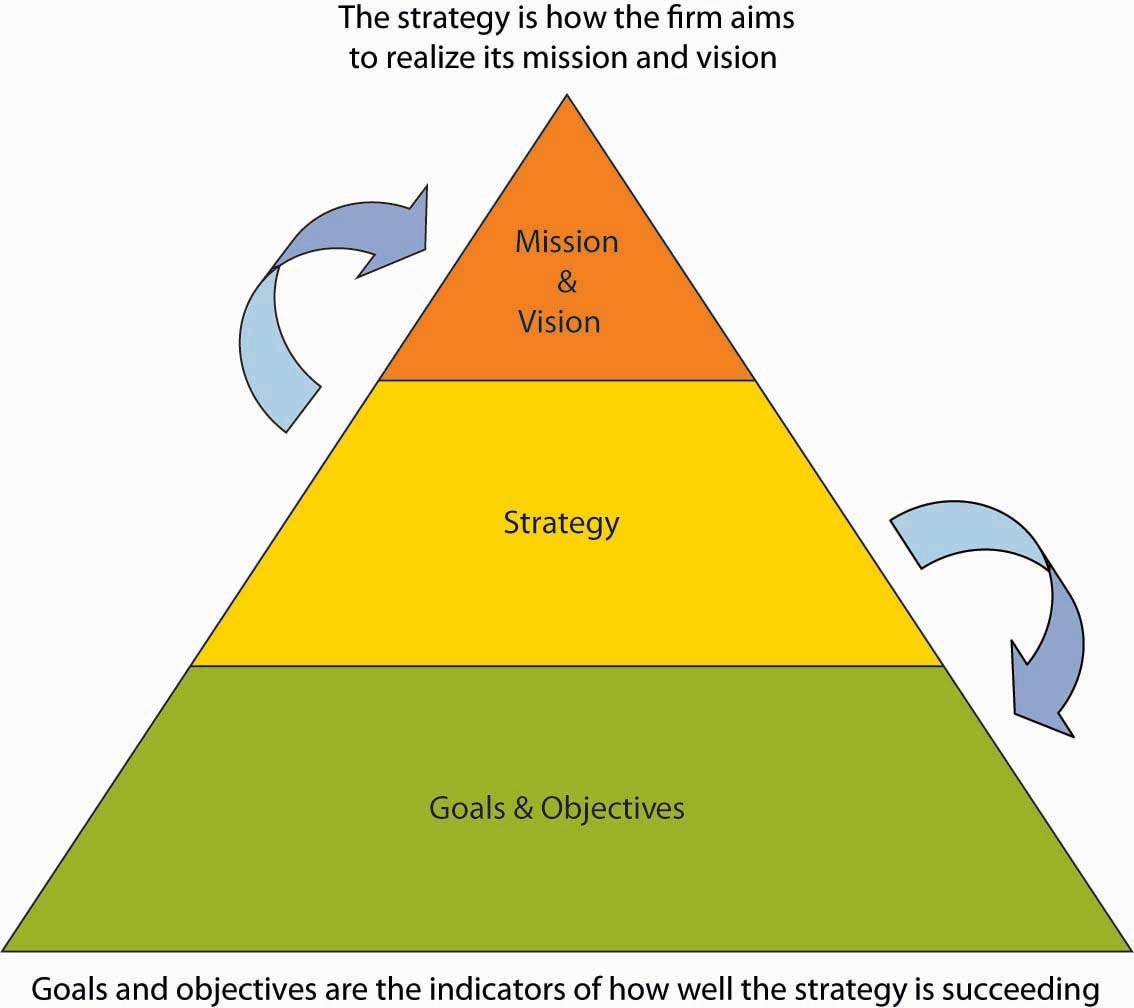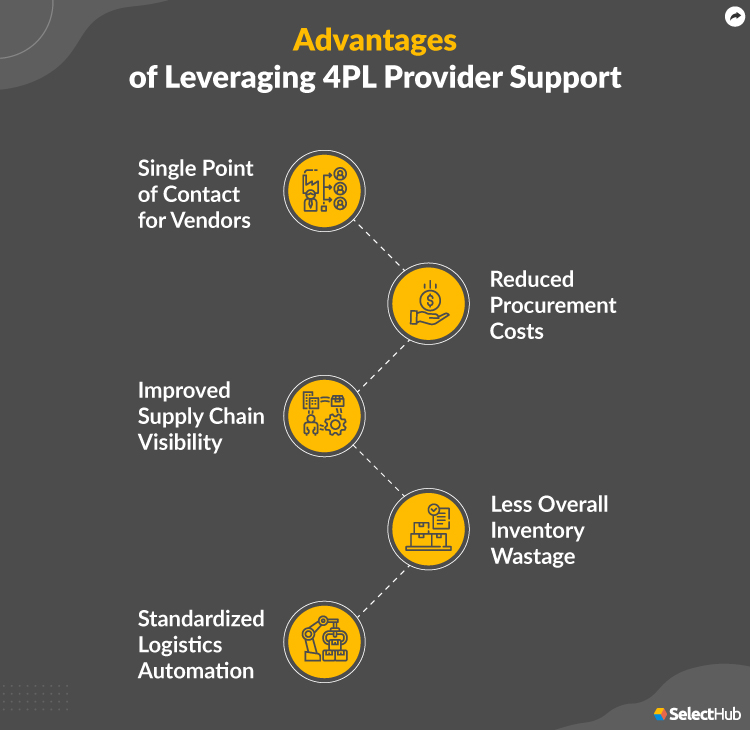A deliberate strategy is a plan that is carefully thought out and intentionally implemented in order to achieve a specific goal. It involves analyzing the current situation, setting clear objectives, and developing a detailed plan of action. While there are many advantages to using a deliberate strategy, there are also some potential disadvantages to consider.
One of the main advantages of a deliberate strategy is that it allows organizations to be proactive rather than reactive. By carefully considering the various options and taking the time to plan out a course of action, organizations can make informed decisions that are more likely to lead to success. A deliberate strategy can also help organizations to be more efficient and effective, as it allows them to allocate resources in a way that is most likely to achieve their goals.
Another advantage of a deliberate strategy is that it allows organizations to be more flexible and adaptable. By considering a range of options and contingencies, organizations can be better prepared to respond to changing circumstances and adjust their plans as needed. This can be especially important in times of uncertainty or rapid change, as it allows organizations to be more resilient and able to weather unforeseen challenges.
However, there are also some potential disadvantages to using a deliberate strategy. One of the main drawbacks is that it can be time-consuming and resource-intensive to develop and implement a deliberate strategy. This can be especially challenging for organizations that are operating in fast-moving or highly competitive environments, as they may not have the time or resources to devote to long-term planning.
Another potential disadvantage of a deliberate strategy is that it may be less effective in rapidly changing or unpredictable environments. In these situations, a more flexible, adaptive approach may be more appropriate, as it allows organizations to respond more quickly to changing circumstances and take advantage of new opportunities as they arise.
Overall, the advantages and disadvantages of using a deliberate strategy will depend on the specific goals and circumstances of the organization. In some cases, a carefully thought out and implemented deliberate strategy may be the best way to achieve success, while in other cases, a more flexible, adaptable approach may be more appropriate. Ultimately, the decision of whether to use a deliberate strategy will depend on the organization's specific goals, resources, and environment.








